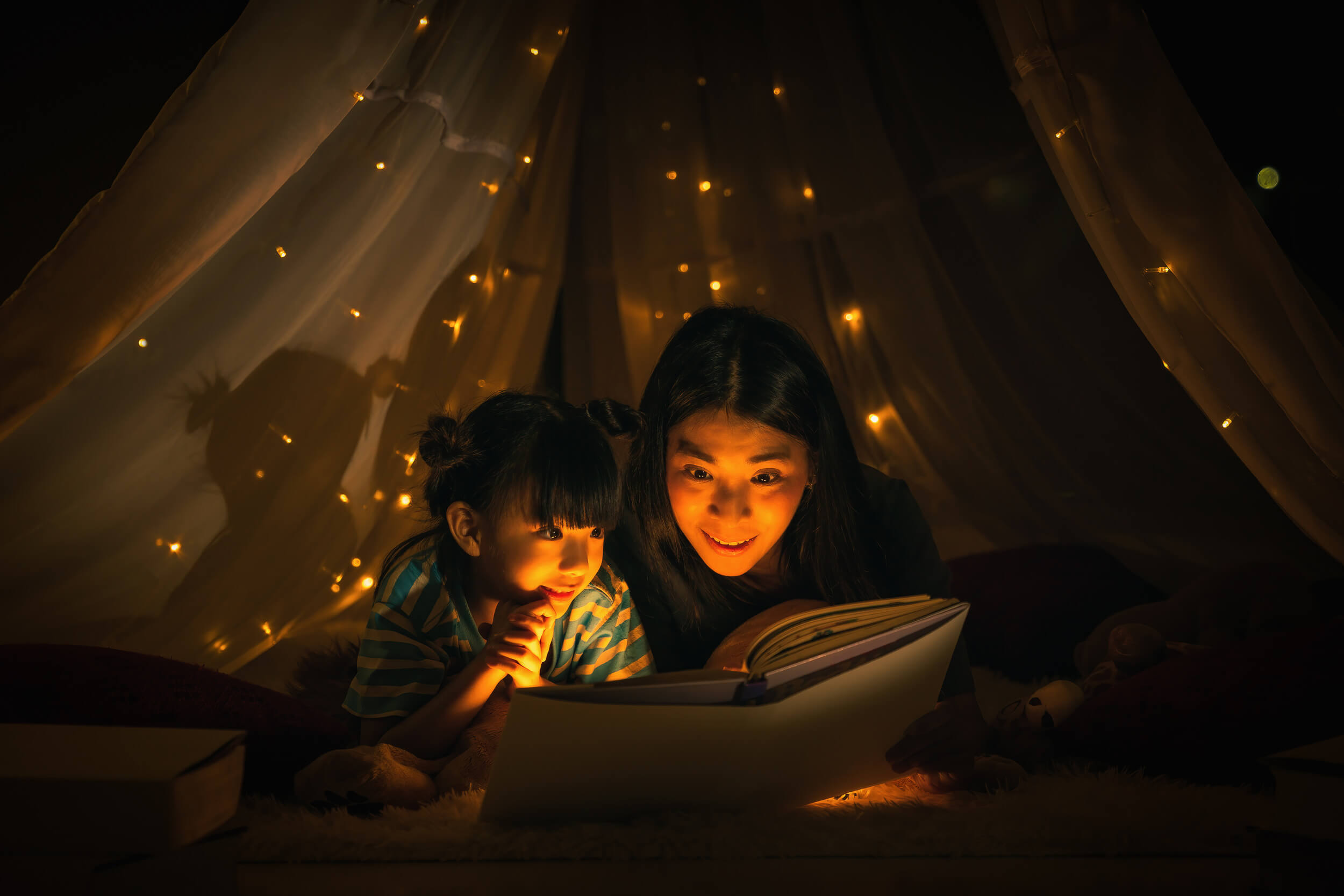You think they’ll hold onto the birthday gift you spent hours wrapping. Or the toy that was hard to find. But what kids remember usually isn’t that.
What kids remember isn’t the stuff—it’s how you made them feel.
A warm hug on a hard day. That quiet moment you sat beside them when they couldn’t sleep. The way you smiled when they walked into the room.
These moments don’t take much. But they stay with them for years.
Not because they were big. But because they meant something.
This piece shares the kinds of everyday things that actually last in a child’s heart—and why your presence, not your presents, leaves the deepest mark.
If you’ve ever wondered what really matters as they grow, this might surprise you.
1. That Time You Really Listened
Some of the strongest memories start with someone simply listening.
Not multitasking. Not checking a phone. Just sitting still and paying full attention.
Kids hold onto the moments when someone looked them in the eyes and really cared.
• When they talked about something weird or random
• When they told a story that didn’t make much sense
• Or when they needed to share something hard
What Kids Remember often isn’t the words—it’s that they were heard. That they mattered.
Feeling truly seen teaches them they’re important, even when the topic seems small to us.
2. How You Handled Their Big Emotions
Tears, tantrums, or fears—these moments teach kids how emotions work.
What you do during the tough parts leaves a deeper mark than most realize.
They remember if you:
• Stayed calm when they lost it
• Helped them name their feelings instead of yelling
• Gave them a hug instead of punishment
What Kids Remember here is how safe or unsafe they felt when they were at their worst.
Showing them love in the mess helps them believe they’re still good, still lovable—even on their hardest days. That memory sticks.
3. The Way You Made Ordinary Days Feel Special
Big trips are fun, but they’re not always what sticks.
Some of the most lasting memories come from simple, unexpected fun:
• Pancakes on a weekday
• A made-up game you played in the kitchen
• Letting them wear socks that didn’t match—on purpose
These little breaks from routine made everyday life feel warm and safe.
What Kids Remember is the feeling: “You like being around me.”
It’s not about money or big plans. It’s the effort to make a normal day feel just a bit brighter.
4. What You Did After You Messed Up
No parent gets it right every time. But the fix matters more than the mistake.
When you said sorry without excuses, that moment taught them a big lesson:
• Adults can admit they’re wrong
• Apologies don’t make you weak—they build trust
• Love doesn’t need perfection
What Kids Remember in these moments is how you made things right.
It tells them it’s safe to be honest. It shows that real connection is stronger than any outburst, forgotten pickup, or broken promise.
They don’t need you to be perfect—they need to know you’ll come back and try again.
5. The Moments You Were Just… There
Quiet presence speaks louder than we think.
You didn’t need to fix anything. You just needed to be near.
• Sitting beside them on the couch
• Watching the same cartwheel over and over
• Staying in the room until they drifted off
These small moments didn’t cost a thing—but they meant everything.
What Kids Remember often isn’t what you said. It’s that you stayed. That you didn’t rush away when they wanted you close.
Your full attention made them feel like they mattered. That feeling lasts longer than any gift.
6. How You Looked at Them
A single look can say a lot.
Without words, it tells a child they’re loved just as they are.
• A smile during their goofy story
• A proud glance when they weren’t expecting it
• A calm face when they felt unsure
They notice. They hold onto it.
What Kids Remember isn’t always the big talks—it’s the look that told them, “You’re good enough already.”
That memory builds self-worth, and over time, it becomes the way they look at themselves.
7. The Routines You Kept (Even When You Were Tired)
What felt small to you might’ve been huge to them.
Those little rituals? They became anchors.
• The bedtime song you hummed every night
• Friday night pizza
• A simple handshake before school
These things said, without saying it, “You can count on me.”
Even when you were tired or stressed, you showed up again. That steady rhythm told them they were safe and important.
What Kids Remember isn’t the size of the effort—it’s the fact that you kept showing up.
8. When You Let Them Be Fully Themselves
Some kids are shy. Others are loud, messy, or deeply curious. The ones who are accepted for who they are feel safest to grow.
You might’ve:
• Let them wear costumes to the store
• Listened to endless dinosaur facts
• Said “yes” to quiet alone time when they needed it
That kind of freedom tells them they don’t have to earn your love.
What Kids Remember is that home was the place they didn’t have to pretend.
That memory becomes a quiet kind of strength they carry forever.
9. The Comfort You Gave When They Were Afraid
Fear carves deep—but so does comfort.
You sat close during the thunder. Held their hand at the doctor’s office. Whispered, “It’s okay, I’m here.”
That safety becomes part of them. It says, “You’re not alone when things feel scary.”
What Kids Remember from those moments isn’t the fear itself—it’s the steady, loving presence that helped them through.
That’s the kind of memory that builds calm in the storms that come later in life.
10. The Way You Celebrated Their Small Wins
Not every win needs a party. But it does need someone who notices.
You might’ve cheered when they:
• Whistled for the first time
• Made it across the monkey bars
• Spoke up in class even though they were nervous
It didn’t take much—just a, “You did it!” or a proud smile.
What Kids Remember most is how someone believed in them before they fully believed in themselves.
That support becomes the voice in their head when they’re older—the one that says, “Try again. You’ve got this.”
Final Thoughts on What Sticks in a Child’s Heart
The toys break. Clothes get too small. Even the photos fade over time.
But feelings? Those stay.
They may forget the gifts you wrapped—but not the night you sat by their bed until they fell asleep.
They won’t recall every meal—but they’ll hold onto who laughed with them at the table.
They might not name the big events—but they’ll carry the way you made them feel every single day.
What Kids Remember most isn’t what we bought. It’s how we showed up.
Love, safety, presence—those are the things that stay with them long after childhood ends.
And those are the memories that shape who they become.















